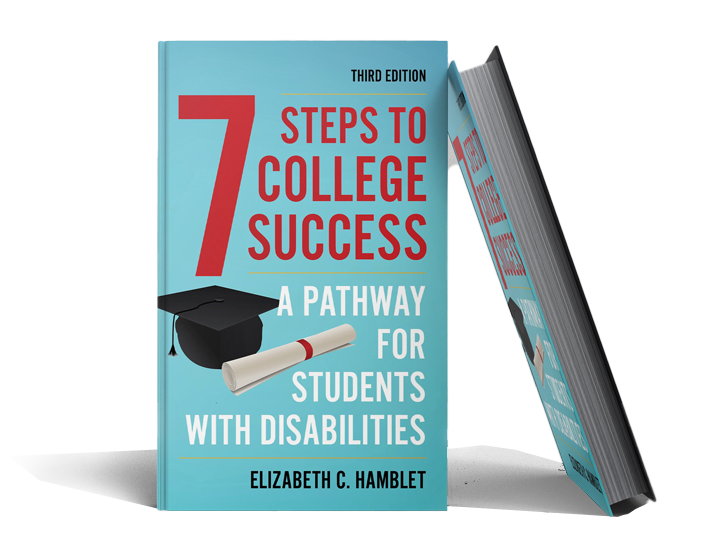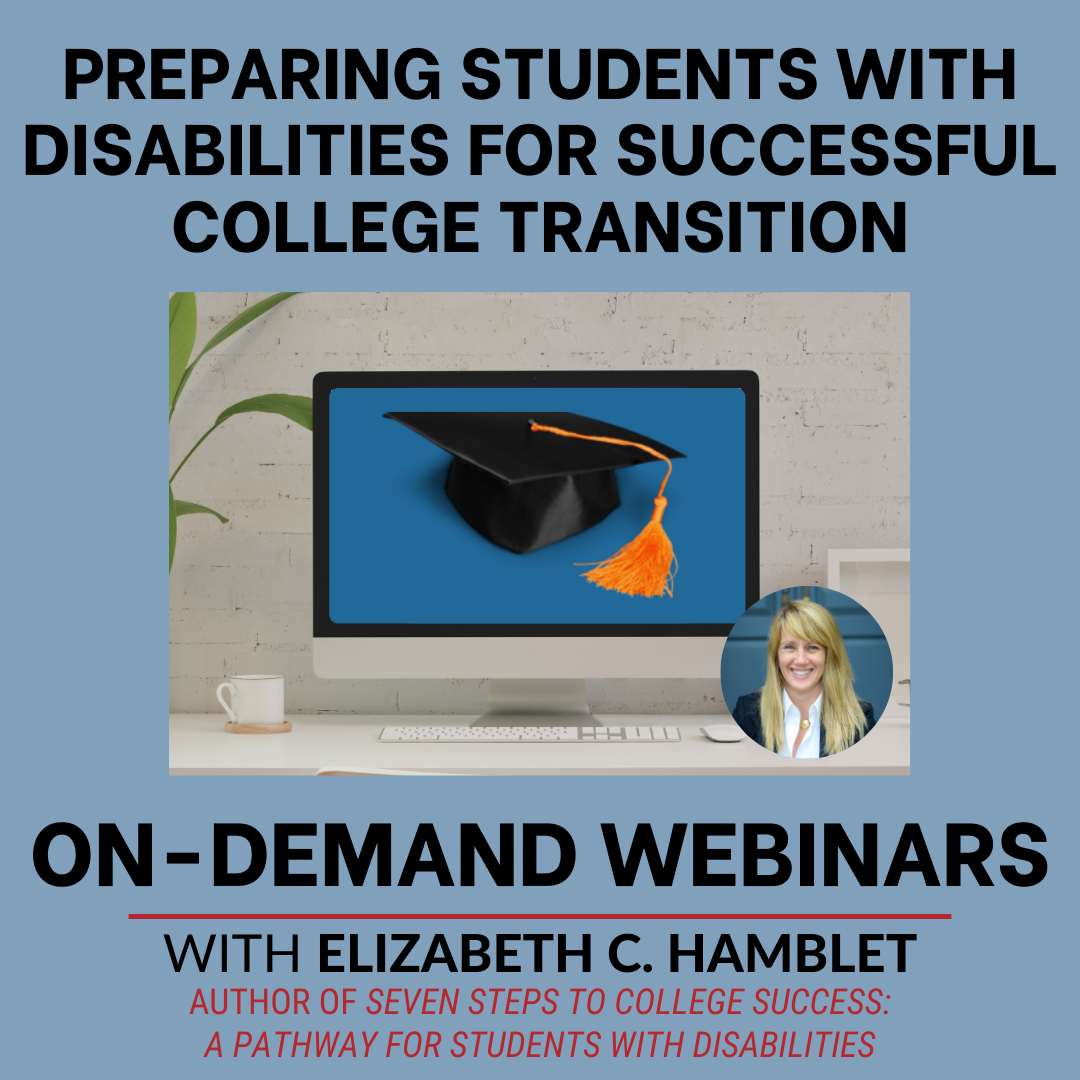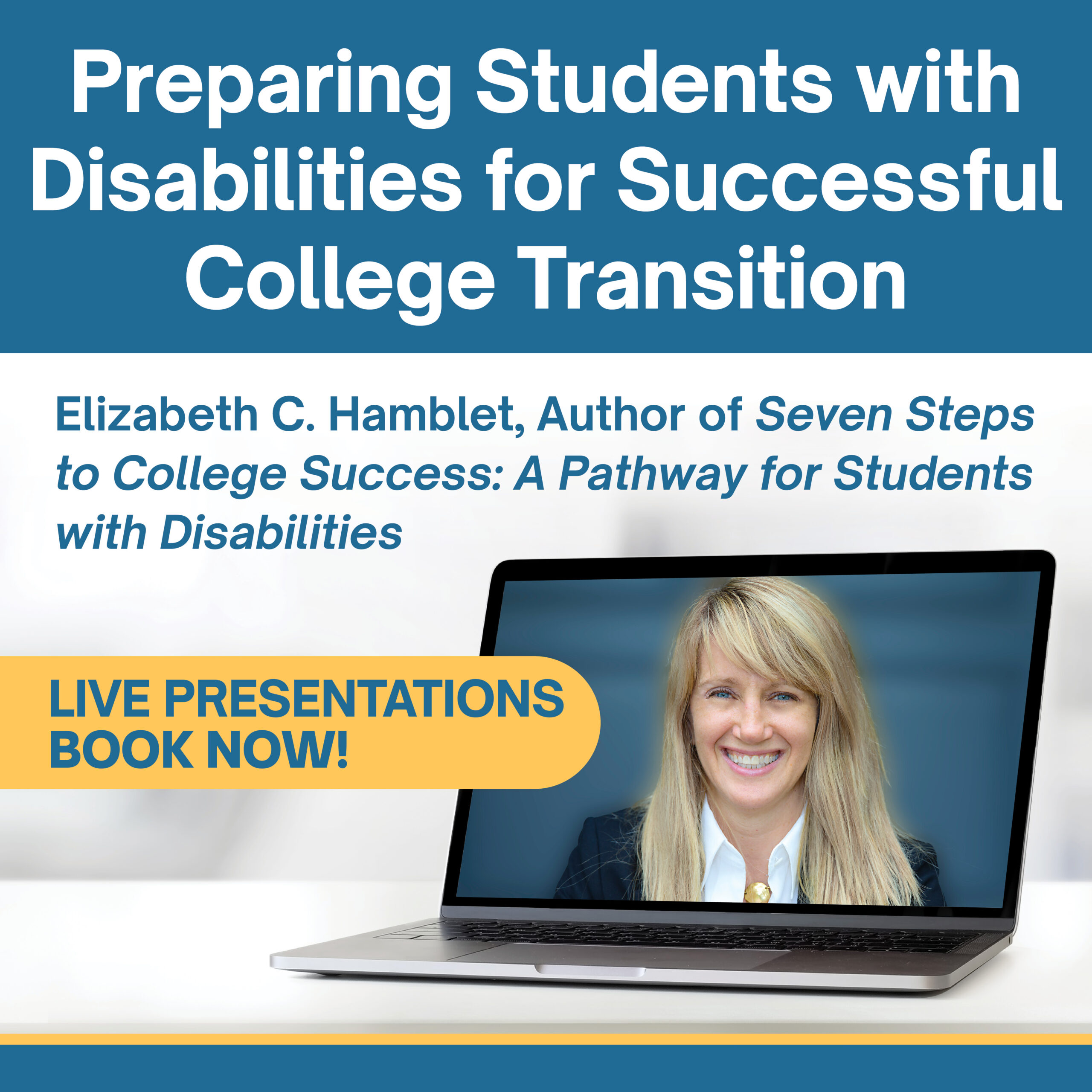Two myths you should know about before you seek private testing
Parents may seek out a private evaluation for a possible learning disability or ADHD for a variety of reasons. Be aware that:
- If you are looking for private testing thinking it will ensure that your student will get more or “better” accommodations at college, this isn’t likely to be the case
- If you are seeking private testing because you don’t want colleges to know that your student has a learning disability or ADHD while they’re applying for admission and are worried the school’s paperwork will include this information, you don’t need to worry about that.(Read about this and other common myths about disability and the college admissions process.)
If you are doing it because the school district won’t test your student, or you want your student tested with more measures than the school uses, you should choose the person who does the testing carefully, to make sure you get your money’s worth.
Why you need to shop if you decide to get private testing
Your instinct may be to ask friends who evaluated their student. That can be a good place to start, but remember that everyone has their own reasons for liking a report, and these may not align with your family’s needs.
Remember, too, that sometimes families like a report because of the conclusion it draws, not the quality of the report itself. A good report won’t necessarily end by identifying a learning disability or ADHD.
In my opinion, families shouldn’t go into testing with an end result in mind. What’s important is how the person who did the testing arrived at their conclusion, and how well they explain it and use the data and history to support that. I would assume that families only bring a student for testing because the student is encountering significant challenges. The report should explain why, even if it doesn’t conclude that it’s because the student has a disability.
Here’s my concern – for the amount of money you are likely to pay, you should expect a quality report. But in reading about 80-100 private reports a year for my work at a college disability services office, I see a number of long reports, but they mostly consist of “boilerplate” text that describes the tests administered to students, not details about how the student performed. They typically don’t contain meaningful history gleaned from a structured clinical interview or meaningful analysis of the results, a discussion of how the results do or don’t explain the student’s reported challenges. See what any report you pay for should include.
If a friend says their student’s reports includes such elements, you may want to put that evaluator (a word I’ll use here to cover all the kinds of folks who do testing – mostly psychologists and neuropsychologists) on your list for further research.
Try getting a sample report to help you decide
Depending upon where you live, there may be multiple evaluators who do testing. In addition to asking friends for referrals, you may be able to find referral lists through a relevant organization (e.g., Children and Adults with ADHD, or CHADD). You can also try calling the disability services office of a local college and see if they recommend anyone. Once you’ve located some candidates – how do you choose one?
One effective way to do this is to ask any evaluator you’re considering hiring to send you a redacted report, which is a sample report where identifying information about the student has been removed or blacked out. Many professionals are unlikely to have such a report readily available, and this does not mean they don’t want to provide one – it just means that they might never have been asked for one before. It’s worth waiting a few weeks while they prepare one, as the report will give you a good idea of how much information these professionals include in their narratives, aside from the test scores. You may be surprised to see that some of the evaluators who charge the most money do not provide the most detailed reports (even if they are the longest ones).
Most evaluators have a template that they use for every report, which provides some descriptions of the subtests administered, so that the reader can understand the tasks that the student completed. These descriptions can be helpful, but there should also be a lot more detail in a report. (I have thoughts on the elements any private testing report should contain.)
What to do with the sample report
Here’s how a good report describing a student’s performance on the Woodcock-Johnson Writing Samples test would look after highlighting:
Student X earned his lowest writing score for the entire battery on a task that asked him to write sentences to describe an object, explain something factual, or complete a passage (Writing Samples).
This placed Student X in the Superior range on this task as compared to other students his age. His RPI score for this test was 98/90. His age equivalent score was >30, and his grade equivalent score was >30.
This task assigns two points to responses that answered the prompt and provided some detail, one point for items that provided simple, straightforward answers, and either 1.5 or .5 point for answers in between (answers that were very far off the mark did not receive credit).
His performance on this task showed a lot of inconsistency. He earned maximum credit on only one item, where he provided a response that was simple in content and vocabulary but did describe the action and its result (analogy – “The woman cooked some pasta and ate it.”). However, he did not provide a two-part answer on a different item where he should have done so (analogy – answering “You might get thirsty” to the question “Why should you carry water with you when you go on a hike?”). Student X received only half a point for this response because, without the first part of the sentence, his response was too vague to make the reader understand what he had been asked to explain.
On most other items, Student X earned two points. On an item that asked Student X to describe the action and predict what would happen next, he used a run-on-sentence.
Some of Student X’s answers used vague language. On two items that asked him to describe the action in the picture, his answers were technically correct, but they lacked an obvious verb that was more specific (analogy – “The boy touches the dog” rather than “The boy pets the dog.”). On one item that asked him to explain the relationship between two people, his answer was so vague that he only earned half a point (analogy – writing “They are in a family” for a picture that shows a father and son). When asked orally what the relationship was, Student X was able to respond correctly, which may mean that he needed more time to think of a more specific answer, or that he didn’t recognize at first that his answers was too vague.
While these elements were not part of the scoring, Student X used punctuation, capitalization, and spelling correctly (though he spelled one or two words incorrectly). His sentence structures were simple and straightforward, and except where noted already, he used grammar correctly.
How to evaluate what you see
Remember that most colleges will accept documentation from your student’s school, so don’t assume you need to pay for private testing. (Again, read about documentation myths. And learn how to find each college’s disability documentation requirements.) But if you decide to pay for testing, be sure to read my suggestions to make sure that the testing includes everything it should. See ways to get testing at a reduced cost, and tips for how to try to get your insurance to cover testing.




